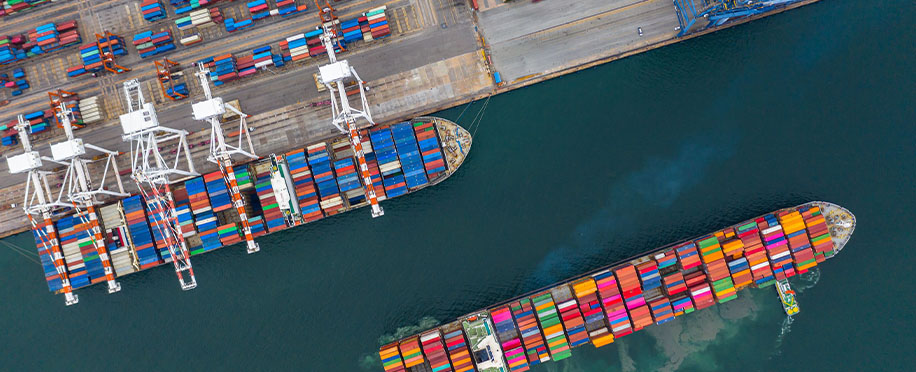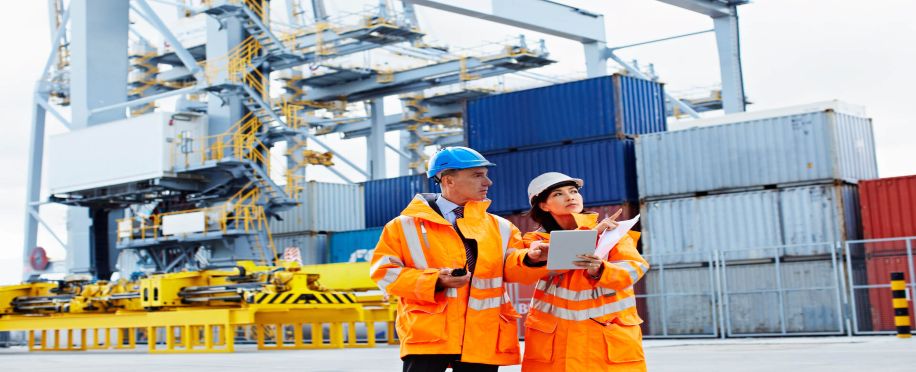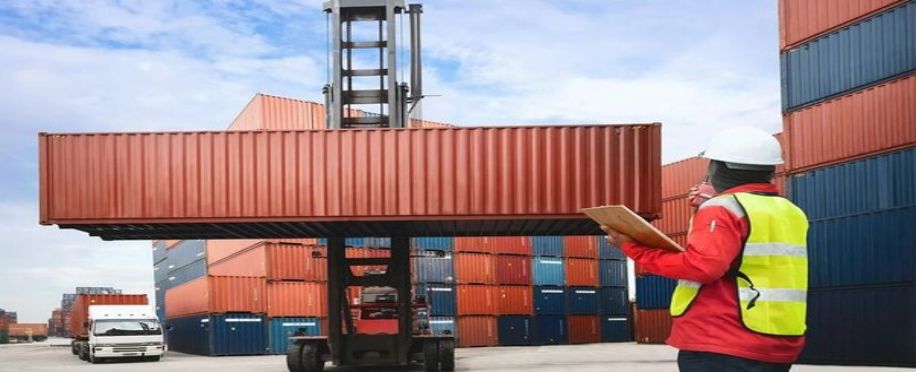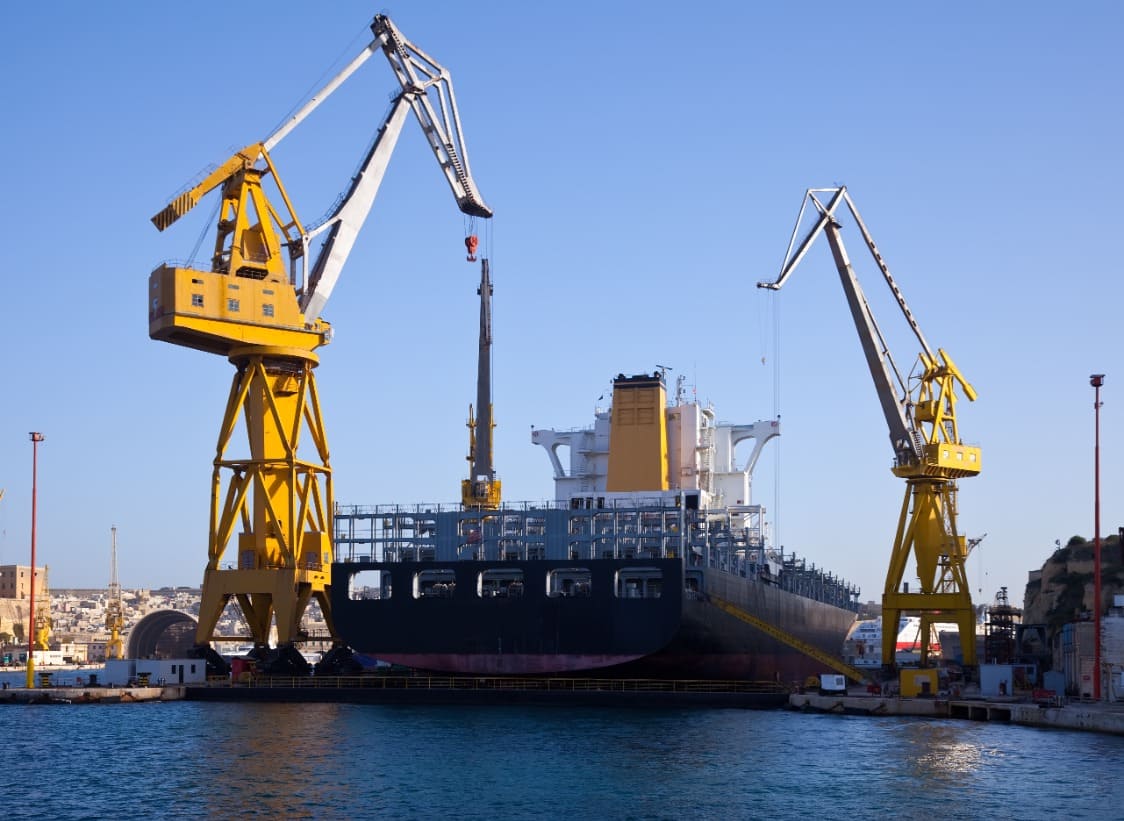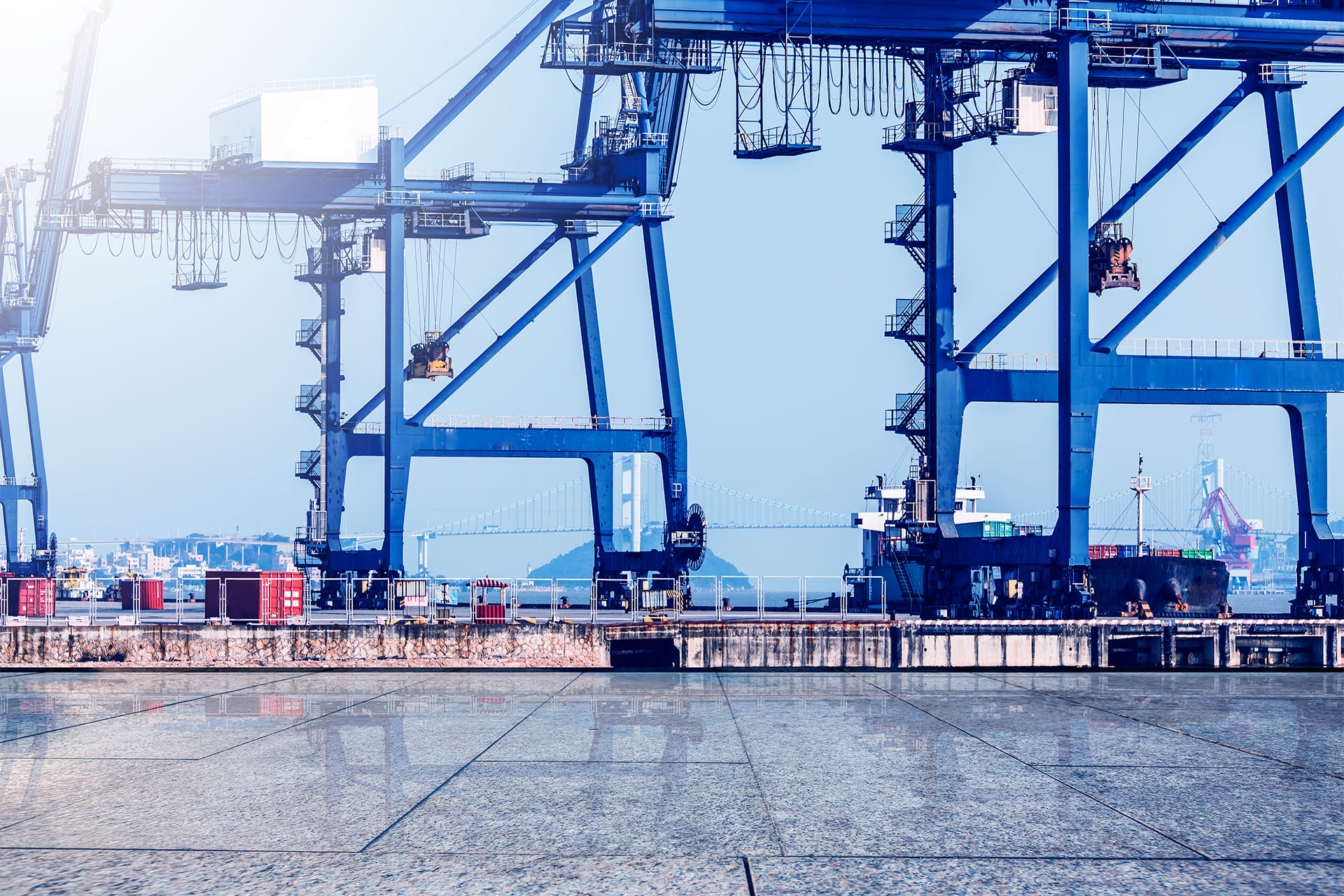Maritime Silk Road: Economic Implications and Strategic Importance
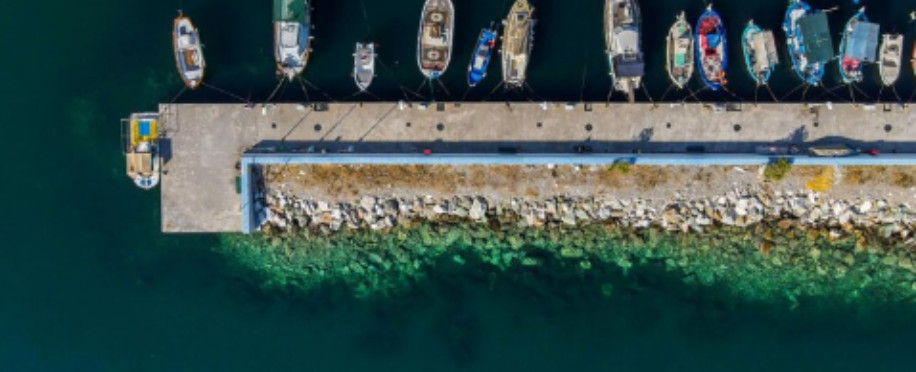
Posted on Mar 04, 2024 at 10:03 PM
Returning to the main reason for establishing ports, terminals, and the whole maritime industry, you will find trading as the natural and obvious answer.
From that fact, the growth of the importance of the Maritime Silk Road became a reality. Moreover, it played a vital role in developing maritime transportation and industry.
Today, we will share unique information about the Maritime Silk Road with facts about its economic and historical importance.
What Is the Maritime Silk Road?
When talking about the Maritime Silk Road (MSR) in the 21st century then, we are not speaking about the old one, but about the "21st Century Maritime Silk Road" or simply the "Maritime Silk Road Initiative".
The new Maritime Silk Road is part of China's broader Belt and Road Initiative (BRI). That aims to repower the historical maritime trade routes that connected China to Southeast Asia, the Indian subcontinent, the Arabian Peninsula, East Africa, and Europe. Expanding these ancient trade routes through infrastructure development, new trade agreements, and practical maritime cooperation.
Moreover, the MSR is still an initiative or a project in progress, with many ongoing projects to complete the required infrastructure network, maritime logistics, and trade facilitation in countries that are part of the Maritime Silk Road.
However, the Maritime Silk Road still needs to be completed, yet it faces criticism for its potential environmental impact, debt sustainability concerns, and geopolitical implications.
Historical Importance of Maritime Silk Road:
According to maritime courses London, the Maritime Silk Road (MSR) holds significant historical and current importance due to its role in:
-
Trade and Economic Exchange:
The Maritime Silk Road is a primary player in exchanging goods, cargo, and cultures between East and West, leading to better economic growth in the involved countries.
-
Cultural Exchange:
Next to goods exchange, the Maritime Silk Road facilitated the exchange of ideas, religions, languages, and artistic influences among connected areas. Causing great enrichment and diversification of cultures along the route.
-
Technological Spread:
The exchange of goods and ideas along the Maritime Silk Road by default will lead to the diffusion of technology and knowledge in those locations as well, including advanced shipbuilding technologies, navigation methods, and more.
-
Diplomatic Relations:
The Maritime Silk Road was vital in shaping and improving diplomatic relations, alliances, and geopolitical dynamics among the connected regions.
5 Economic Implications of the Maritime Silk Road:
If you are wondering why China and many other countries are working so hard to make the Maritime Silk Road a reality, then let us share with you these great economic impacts:

-
Create New Ports and Terminals:
Establishing new ports and terminals along the Maritime Silk Road will facilitate trade and economic growth by providing advanced entry and exit points for goods.
These new facilities will help increase maritime traffic, including larger vessels, and serve as hubs for transhipment, storage, and distribution activities.
-
Enhance Existing Ports Infrastructure:
Being part of the Maritime Silk Route will require upgrading existing port infrastructure to improve efficiency, capacity, and competitiveness.
Thus, more investments in automation and expansion of port facilities will be necessary to improve turnaround times, reduce congestion, and lower logistics costs.
-
Effectively Financing of Maritime Projects:
As all the needed development will require significant financing, strategic partnerships and innovative financing models will rise according to international transparency and sustainability standards.
This means these maritime initiatives will attract investment, manage risks, and ensure long-term viability, profiting investors and host countries.
-
Construction of New Shipping Lanes:
Building new shipping lanes or improving existing maritime routes enhances connectivity and accessibility for global trade.
Moreover, creating efficient and safe passage for vessels will reduce transit times, mitigate risks, and foster smoother trade flows between regions, causing economic integration and development.
-
Improve Maritime Connectivity Among Participating Countries:
Strengthening maritime connectivity is only done through infrastructure development and cooperation agreements.
Thus, enhancing port facilities, implementing interoperable systems, and streamlining customs procedures will promote economic integration and regional stability.
Eventually,
Although the Maritime Silk Road is yet to be a reality, the current signs and benefits from this project initiative make all participants more than excited to see the great results.
